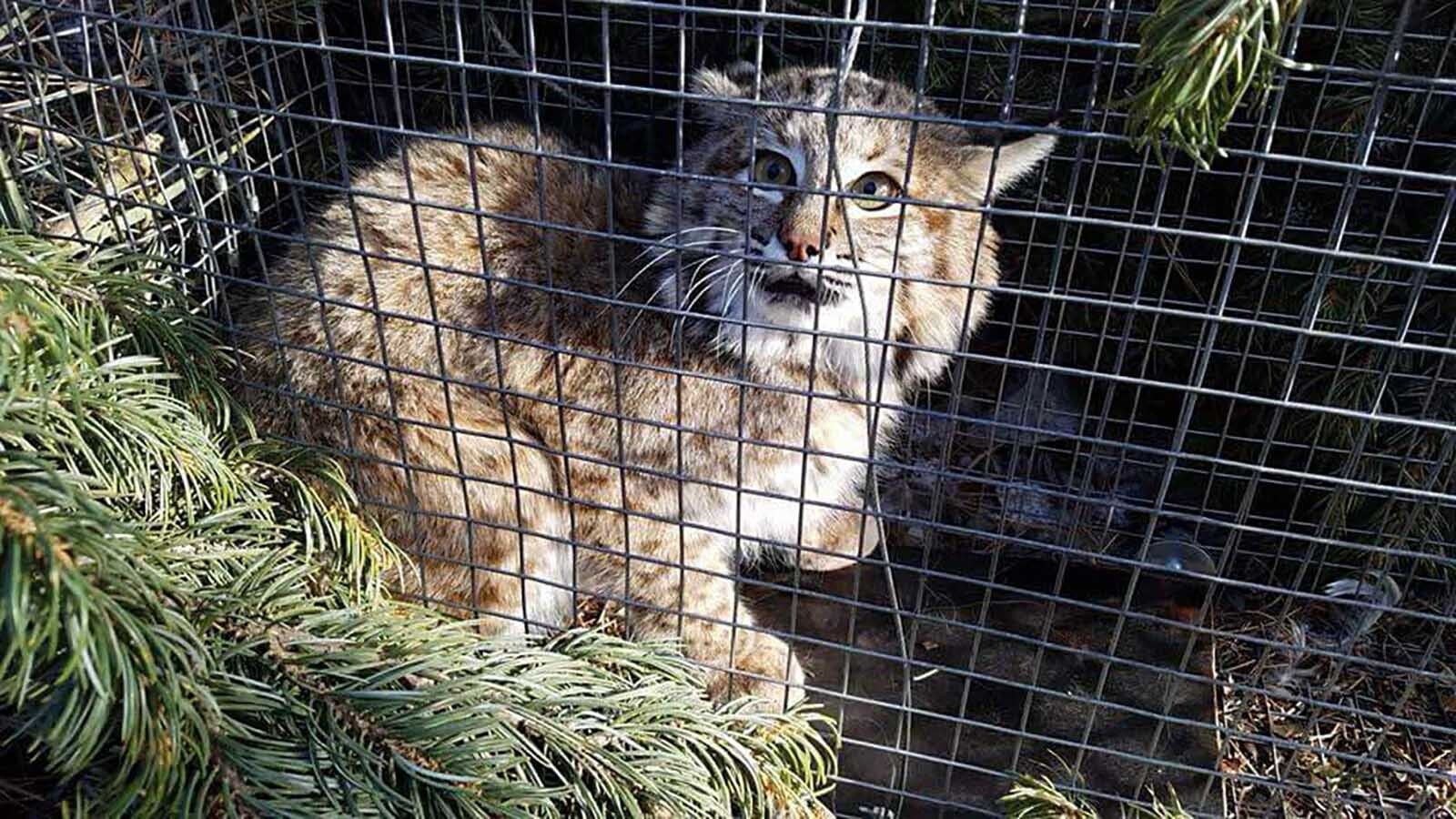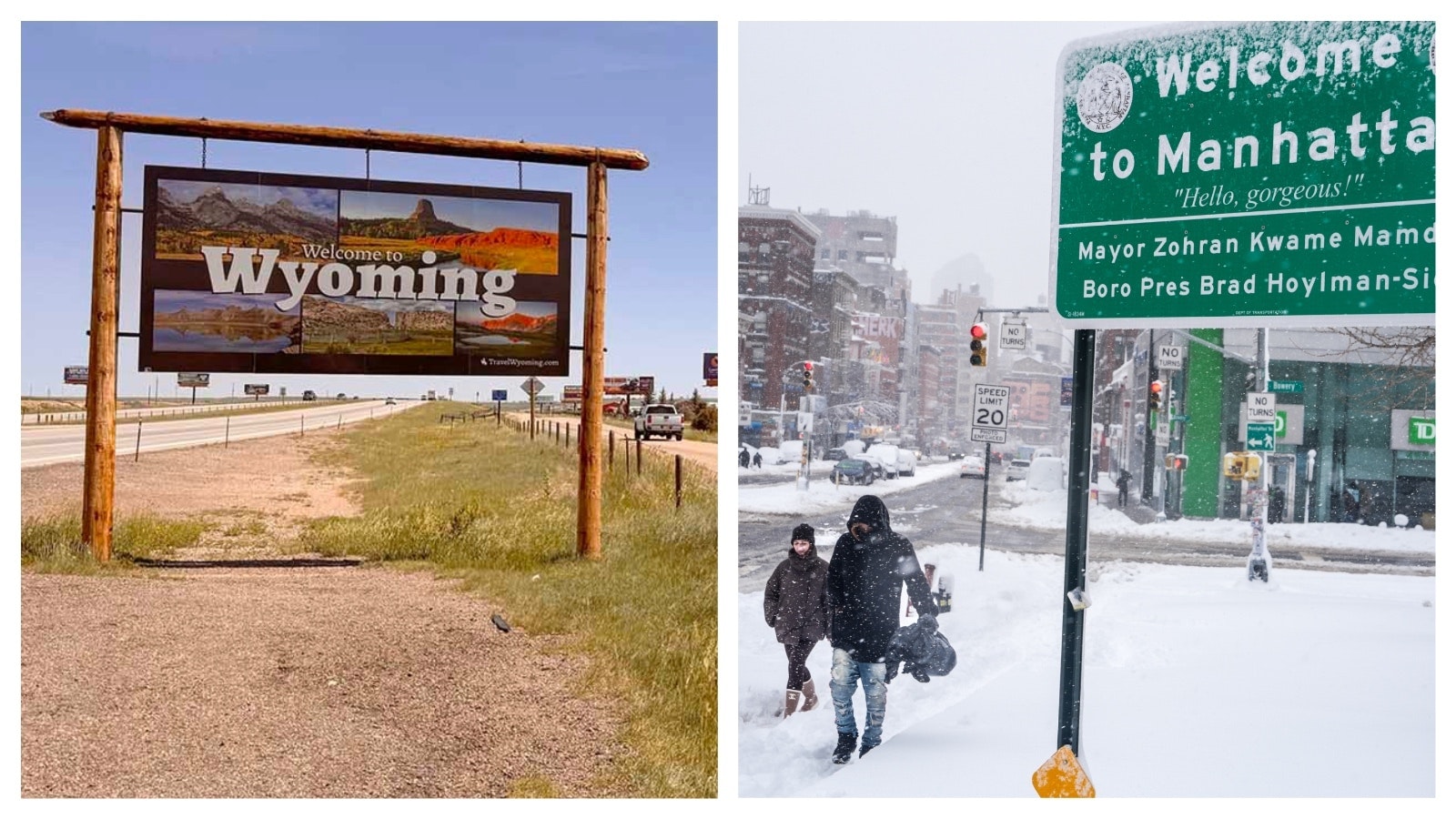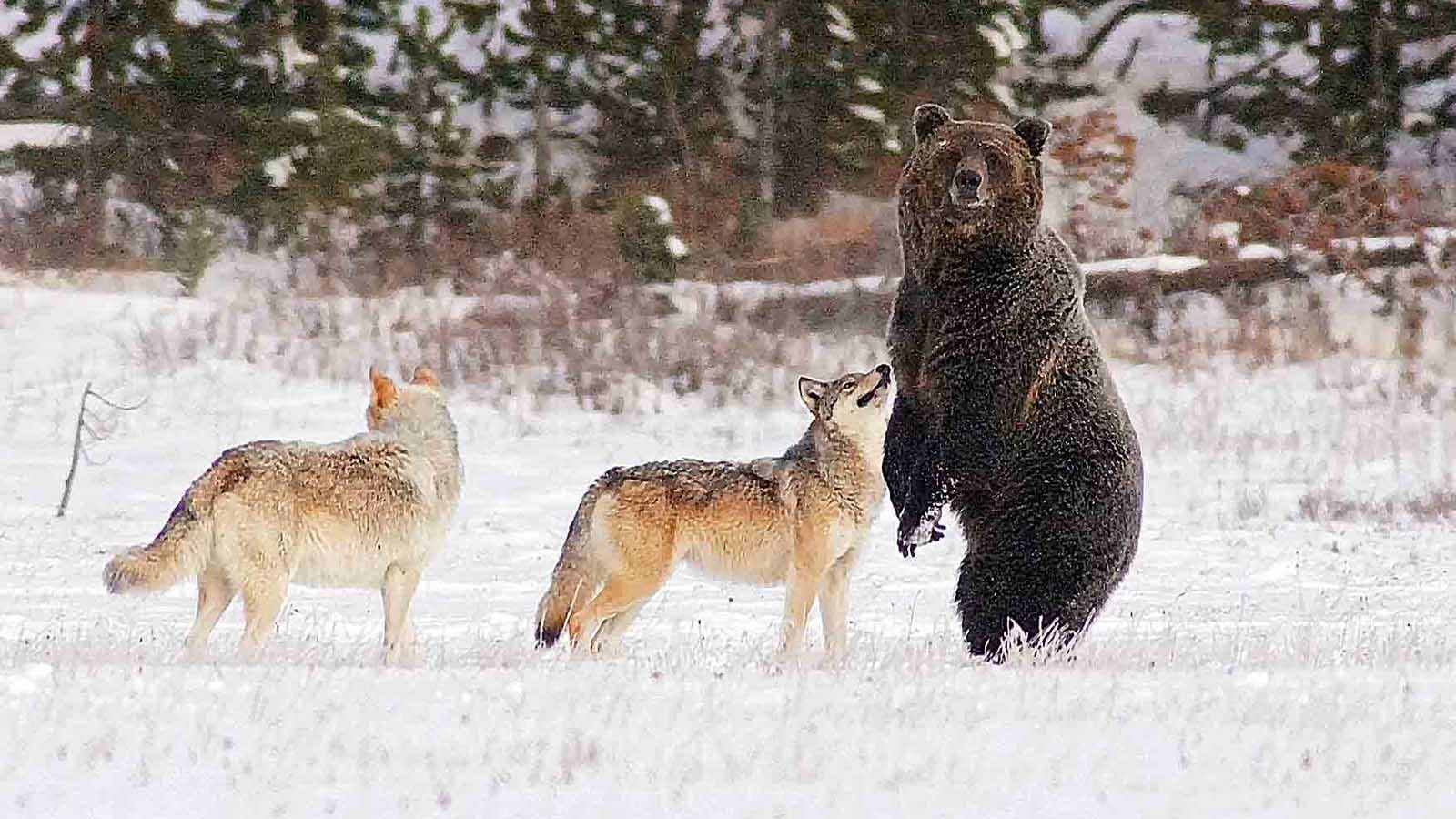With the Red Canyon Fire still burning up their rangeland on Lysite Mountain in rural Hot Springs County, Theresa Brown has been putting 25-30 miles on her ATV every day, pushing cows out of danger zones.
“She got up this morning at 5, got her chores done, gassed up her four-wheeler and headed up into that hellhole again to see if she could get some cows out,” her husband Matt Brown, 72, told Cowboy State Daily. “She’s trying to round up cows that are going the wrong direction and get cattle kicked into the safety areas.”
Just when Brown thought they were done battling the flames, the fire kicked up again in areas that were already burned.
“A big chunk of range flared up,” he said. “She had to go back up because we don't want them to trail out through fire.”
Theirs is just one corner of the huge 127,000-acre wildfire burning about 11 miles east of Thermopolis. It grows thousands of acres a day as a small army of more than 600 firefighters work to gain containment on the fire, which is at 31% as of Thursday.
Much of those acres consumed are grass and forage local ranchers and their animals depend on for feed.
Saving Their Cattle, Losing Their Land
Brown’s family has been ranching in the area for three generations and knows the country well.
“We normally come off the First of September and vaccinate our calves,” Brown said. “We precondition them so that when we wean them, they don't get sick.”
The Browns then move the cattle to their new rangeland until Oct. 15. This is the range that is still smoldering from the Red Canyon Fire.
“So, all of the food that we normally stay in there ’til October is pretty much completely gone,” he said. “We really haven't had a chance to look at everything and to figure out how bad things are.”
As they assess the damage, Brown said they are hoping to keep as many of their cattle as possible. Without adequate feed to get them through the winter, many ranchers impacted by wildfires are faced with a devastating choice: watching their animals starve or sell off their herds, leaving them starting from zero the next spring.
“We spent years getting the right bloodlines and breeding the cows up,” he said. “It’s very important that you have cows that know your range so that when we get ready to go out, those cows are waiting at the gate, and they grab their calves and up the mountain they go.”
Not having these cattle who are used to their range would hurt the ranch operation, he said.
“These cows are bred for the area,” Brown said. “And if you end up selling your cows, you're selling a very important part of your ranch.”
He said that being hit with this fire is especially hard for his wife, who knows the cows by name.
“It's a personal thing with her, and it's just a tough deal,” he said. “It's a terrible mess. The fire destroyed all of our fall and winter country.
“At this point, you really don't know how bad it is until you have a chance to catch your breath (and) see where your cows are at.”
The Wyoming Stock Growers Association is already mobilizing to help ranchers like the Browns who have been devastated by the Red Canyon Fire and the loss of their winter feed.
“For many of those people, the immediate needs are going to be to either lease pasture elsewhere or buy a lot of hay in order to feed the cattle for a longer period of time when they normally would have been out on pasture,” said Jim Magagna, the group’s executive vice president.
He explained that there was hay available to buy which, though not cheap, had fairly reasonable prices.
“Based on our experience last year with the fires, I think there will be some people stepping up and offering to donate loads of hay, which can be helpful for an immediate need,” Magagna said. “However, it's not going to meet all their needs.”
Water Loss
Another concern for Brown is the water loss. Out of necessity, the choppers and ground crew were sucking the water out of his reservoirs, and he is grateful they did.
“Without fighting the fire, the water wouldn't do us any good anyway,” he said. “But what's left up there has very little stock water because we were extremely short of water to start out with.”
Miles of pipe that took the family years to lay has also burned up. This will make recovery all that much harder.
“With the pipelines burnt up, we really can't get water to where it needs to be,” Brown said. “It’ll be a long process for rebuilding all those lines.”
Invasive Weeds
Another concern is the invasive weeds that will try to grow back much thicker in the pasture lands.
“We're going to have a lot of invasives that come back,” Gov. Mark Gordon told Cowboy State Daily when addressing the fire Monday night. “One of the big concerns they have up here on Bridger Creek is that if it gets over into that cheatgrass, this time of year is like gasoline.”
Gordon said he will be working to help the Wyoming Legislature understand how important it is to get on top of these invasives early.
When Brown was hit by a fire in 1996, he said that the BLM would not allow him to graze on the land for three years, and the cheatgrass took over. He is still battling the effects of that order and is concerned that will happen again.
“You need the graze them off,” he said. “You don't need to stay out of the pastures. To this day, you can go up there and see the difference in the amount of cheatgrass.”
Help Is On The Way
While the government works through official channels to get federal funding, private donations are already starting to come in.
“Gordon is familiar with the fundraiser we did last year for the fires and was very supportive,” Magagna said. “We’ve kept that process in place but didn’t have to activate it until this point.”
He said that the website should be live by Thursday to accept donations. He already has had several calls from groups that are interested in contributing to a fund to help ranchers affected by the Red Canyon Fire.
For ranchers in the middle of the fire, the battle against the blaze continues as they move their cattle to safety.
“It's not gotten any better and they're up there battling the hell out of it today,” Brown said. “And my dear wife is up there and my son in law, plus all the firefighters and all the neighbors.
“We're not alone because the Lymans and Orchards and all of them have pitched in to try to get this damn thing under control.”
As Brown sits at home, restricted from helping because of recent shoulder surgery, he said that he will be affected by this fire for years to come.
“This is damn tough,” he said. “You don't take a hit like this financially and get over it in a very short period of time."
Jackie Dorothy can be reached at jackie@cowboystatedaily.com.












